In Ayurveda, the winter months are associated with the Vata dosha, which is characterized by dryness, coldness, and roughness.

winter skin care is about nurturing your skin with warmth, moisture, and gentle, grounding practices to prevent dryness and imbalance.
Here are some Ayurvedic tips for winter skin care:
1. Hydration is Key!

- Internal Hydration: Start from within. Drink warm herbal teas such as ginger, cinnamon, or licorice root tea. These herbs help balance Vata and support digestion, which is crucial for nourishing the skin.
- External Hydration: Use oils to hydrate and nourish the skin. Ayurvedic oils like sesame oil, almond oil, or coconut oil are deeply moisturizing and help seal in moisture. Warm the oil before application for better absorption.
2. Oil Massage (Abhyanga)

- Abhyanga is an Ayurvedic self-massage technique using warm oil to stimulate circulation, soothe dry skin, and calm the nervous system. In winter, do this daily with a nourishing oil like sesame oil, which is especially grounding for Vata.
- Massage the oil into your body for about 5-10 minutes before showering to lock in moisture and improve skin elasticity.
3. Gentle Cleansing

- Avoid harsh, drying cleansers, which can strip your skin of natural oils. Use rose water or milk to cleanse your face and body, as they are soothing, hydrating, and balancing for the skin.
- A gentle, natural face scrub made with gram flour (besan), turmeric, and a few drops of milk can exfoliate dead skin cells without causing dryness.
4. Nourishing Face Masks
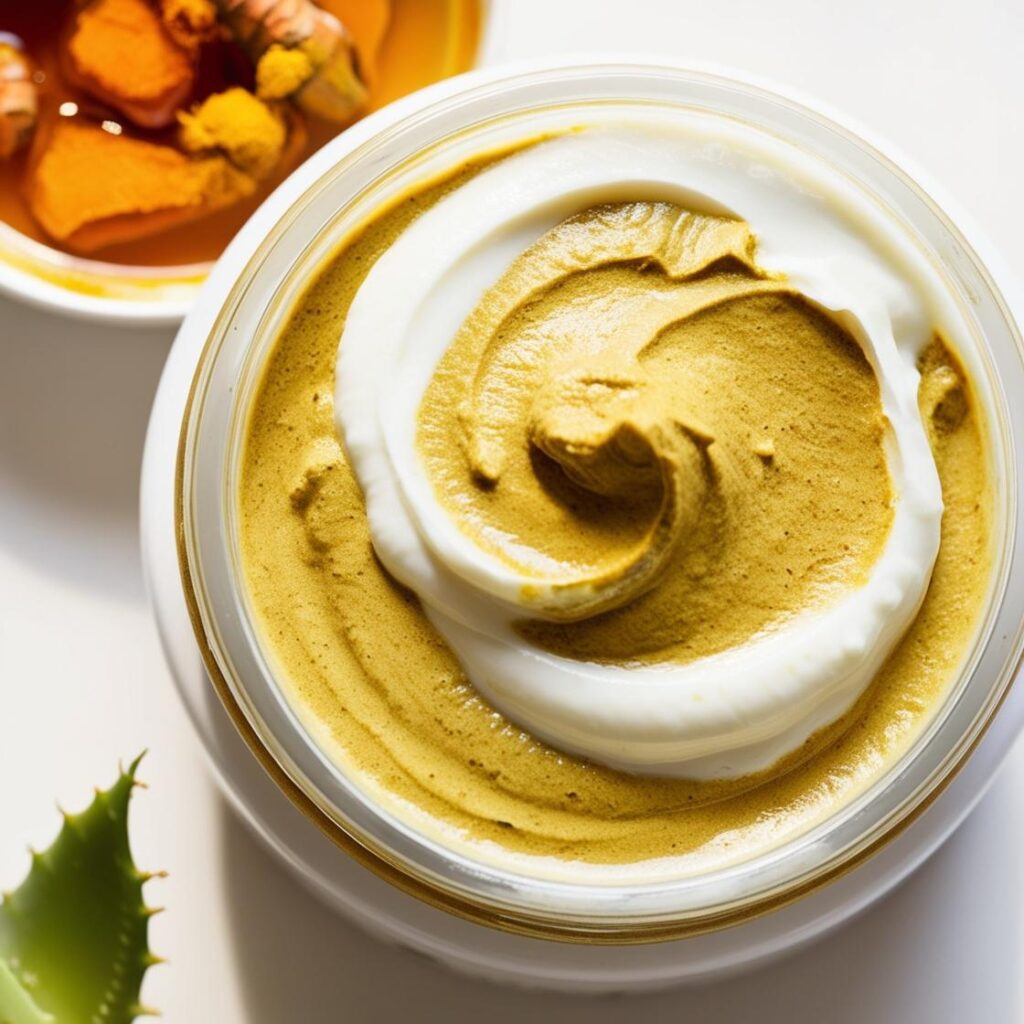
- Ayurvedic face masks can help rejuvenate the skin. Some common ingredients include:
- Honey (hydrating and soothing)
- Turmeric (brightens and evens skin tone)
- Yogurt (moisturizing and cooling)
- Sandalwood powder (anti-inflammatory and calming)
- Aloe vera (cooling and hydrating)
- Mix these ingredients into a paste and apply to the face 1-2 times a week to nourish and rejuvenate your skin.
5. Diet for Winter
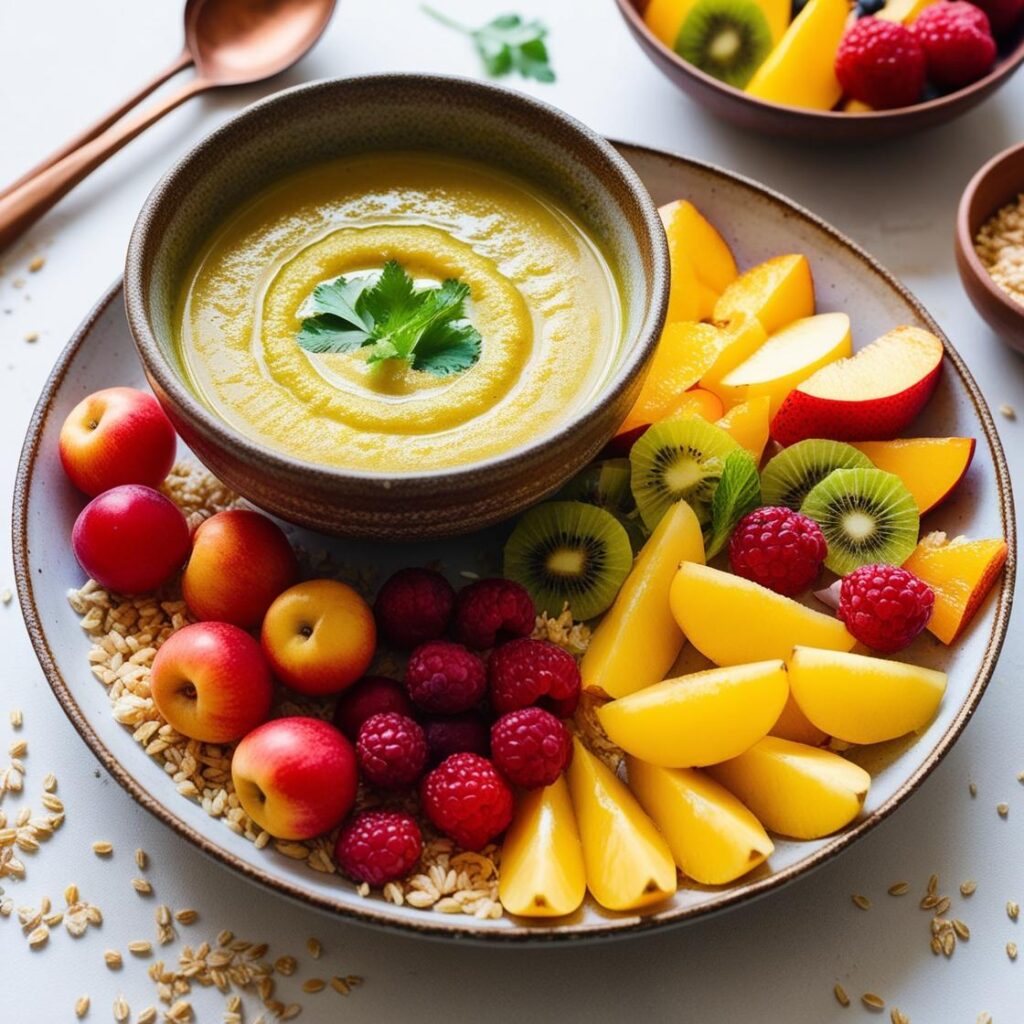
- Warm, moist, and grounding foods are key to balancing Vata during winter. Include foods like ghee, whole grains, root vegetables, soups, and stews.
- Avoid dry, cold, and raw foods like salads or frozen items, which can aggravate Vata and lead to dryness in the skin.
- Sweet fruits like bananas, pomegranates, and pears are great for skin health as they help keep your body hydrated.
6. Essential Oils for Skin Health
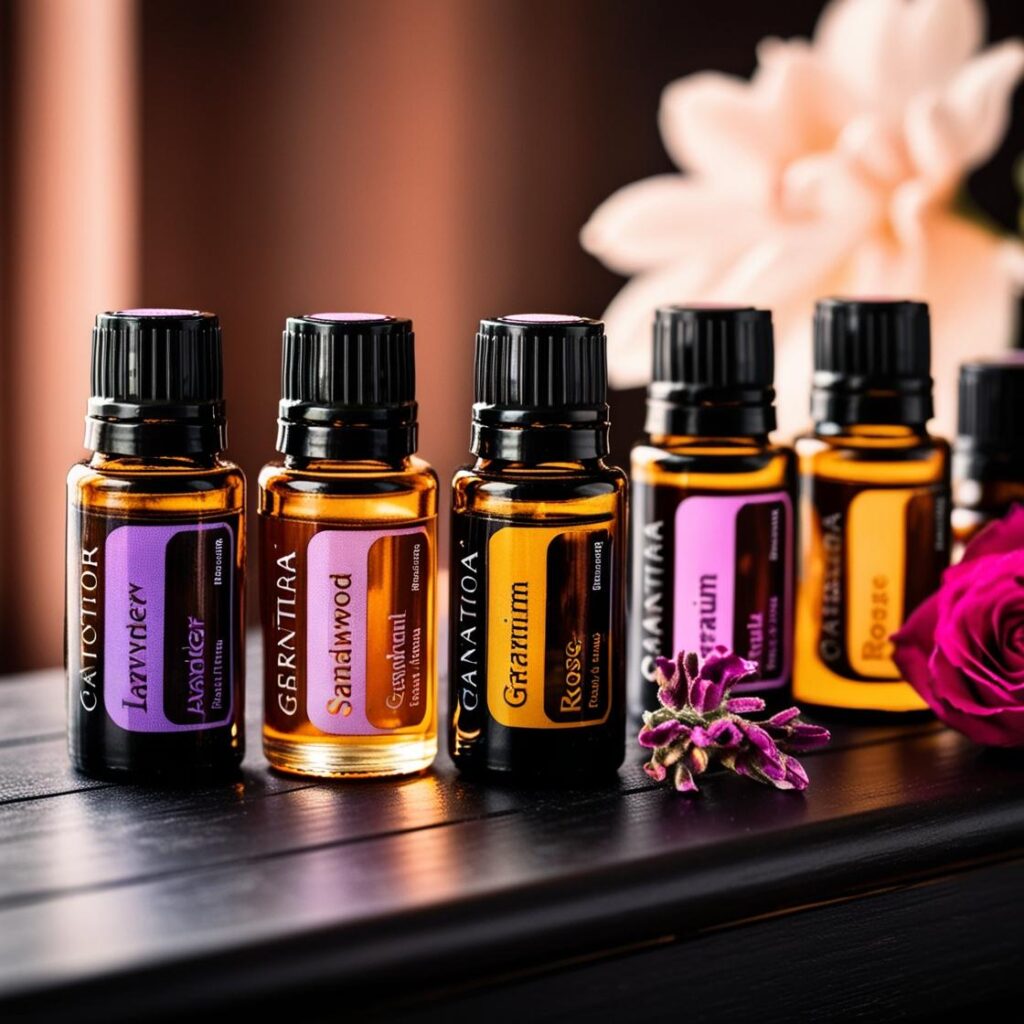
- In winter, add a few drops of lavender, sandalwood, geranium, or rose essential oils to your skincare routine. These oils help moisturize, reduce inflammation, and promote healthy, glowing skin.
- Always dilute essential oils in a carrier oil (like coconut or sesame oil) before applying to your skin.
7. Protect Your Skin from the Elements
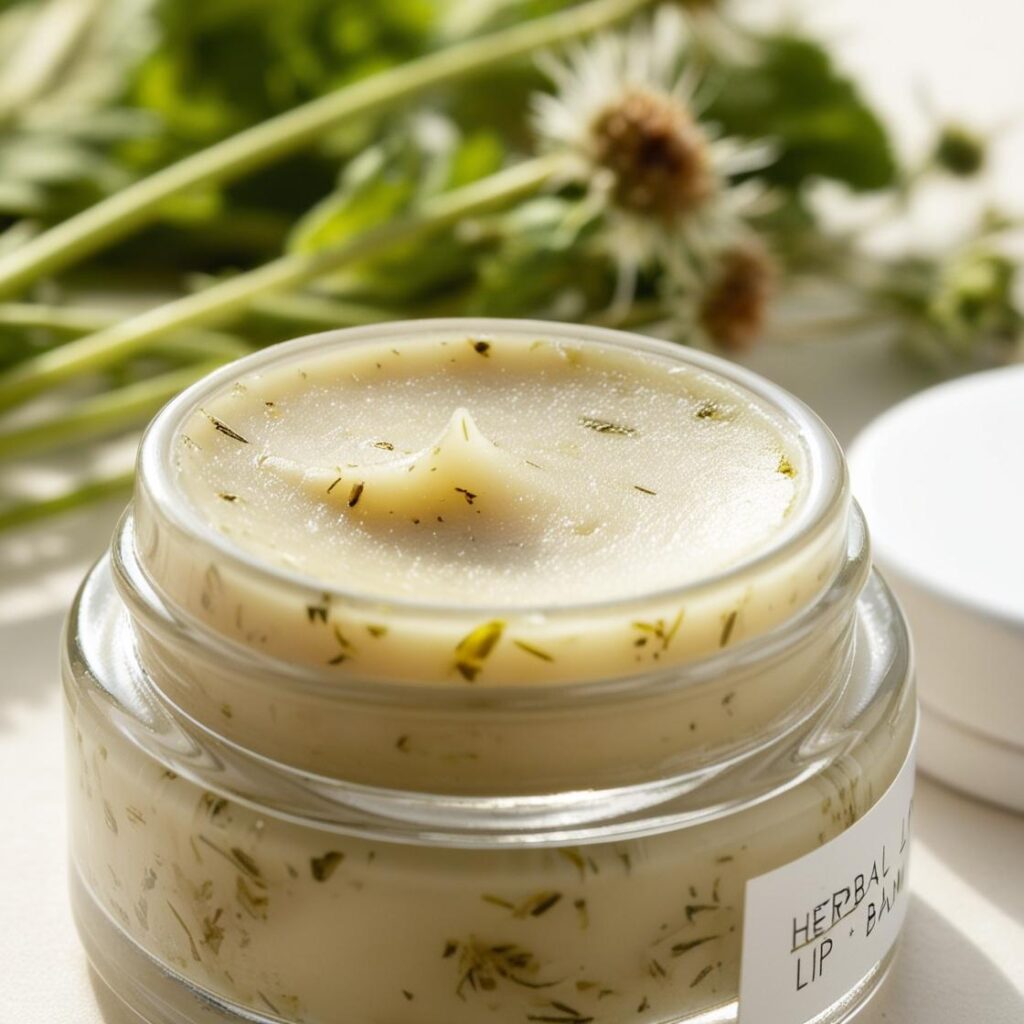
- The winter air can be cold and dry, so protect your skin by wearing soft, breathable fabrics like cotton or silk. Avoid wool or synthetic fabrics that can irritate your skin.
- Use a herbal lip balm or ghee to protect your lips and prevent chapping.
- For your hands and feet, apply oil before putting on gloves or socks to lock in moisture.
8. Stay Warm and Grounded

- Ayurveda also emphasizes the mind-body connection. In winter, it’s important to stay warm and avoid exposure to cold drafts or sudden temperature changes. Try to keep your home warm and cozy, and avoid long exposure to cold winds.
- Practices like meditation, yoga, or gentle breathing exercises can help balance Vata and calm the mind, which indirectly supports skin health.
9. Use Herbal Supplements
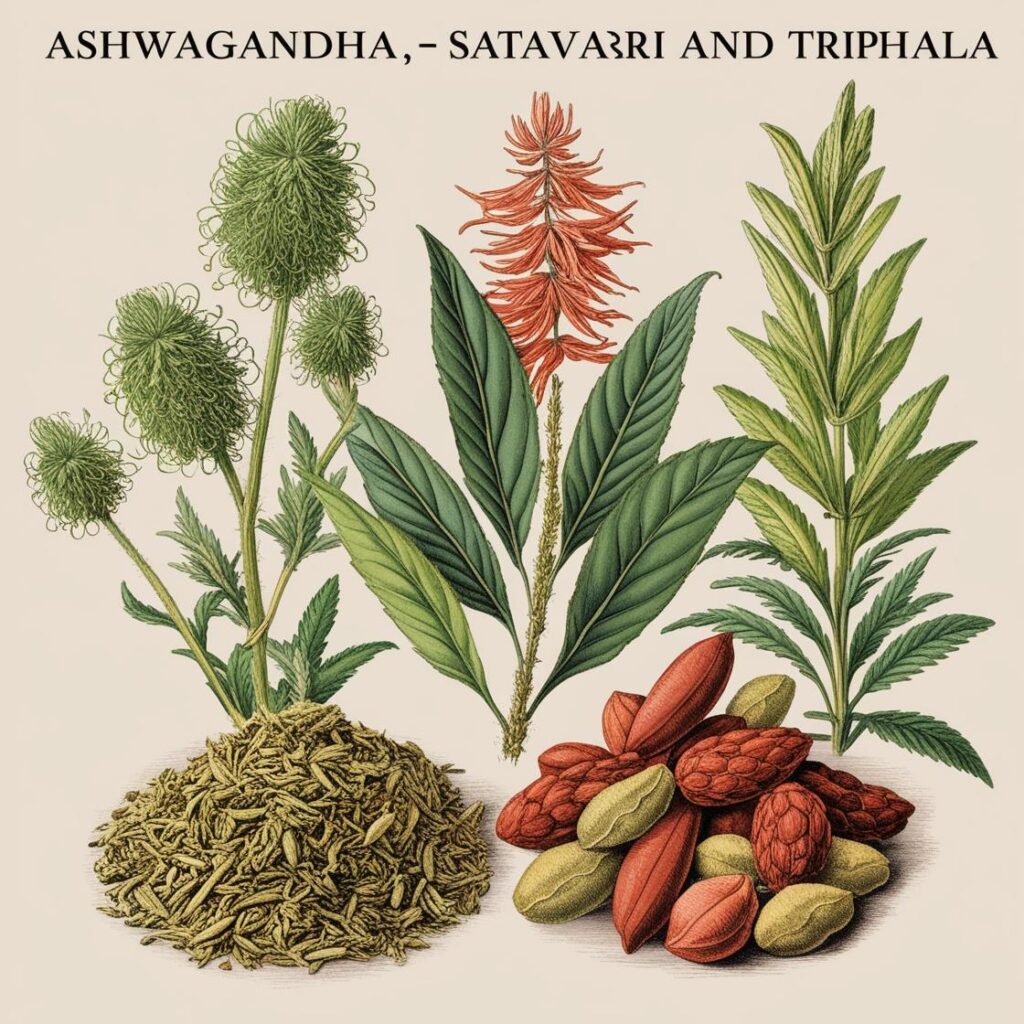
- Ayurvedic herbs can nourish the skin from the inside. Herbs like Ashwagandha, Shatavari, and Triphala help to rejuvenate and hydrate the skin while balancing the body’s internal systems. Consult with an Ayurvedic practitioner for personalized recommendations.
Winter Skin Care Routine (Ayurvedic Approach)
- Start with Abhyanga (oil massage) using warm sesame or almond oil.
- Cleanse with a gentle milk or rose water cleanser.
- Exfoliate once a week with a mild scrub made from gram flour and turmeric.
- Apply a nourishing face mask or moisturizer made from honey, yogurt, or sandalwood powder.
- Hydrate internally by drinking warm herbal teas.
- Protect your skin with oils and herbal creams, especially on your lips, hands, and feet.
By following these Ayurvedic practices, you can maintain soft, glowing, and hydrated skin throughout the cold winter months. The goal is to keep Vata in balance, focusing on moisture, warmth, and nourishment.

No responses yet